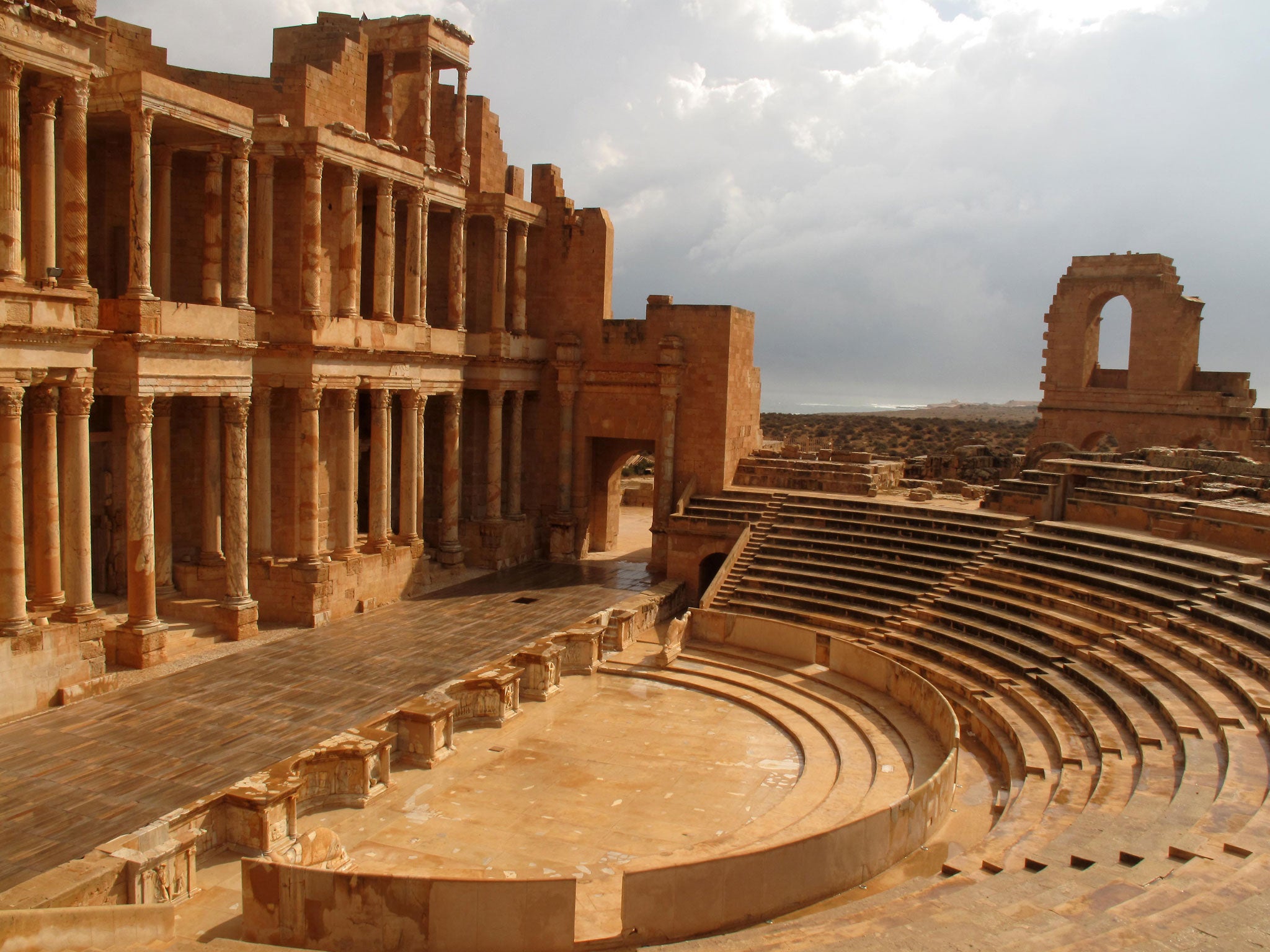Motive riddle over picnic killings of Briton and New Zealand friend in Libya

The motive for the killings of a British man and his female New Zealander companion on a beach in Libya could be criminal as well as political, investigators have said.
The pair appeared to have been having a picnic near the city of Sabratha when they became the targets of an “execution style” shooting.
The British victim was named by the Foreign Office on Saturday as Mark De Salis, an energy worker.
An earlier account, claiming that they were teachers working in the capital, Tripoli, has been found to be incorrect.
The bodies of the Briton and the New Zealander have been taken to Tripoli for forensic examination.
Officials stated that they had not been able to ascertain fully what the couple were carrying and were thus unable to rule out robbery as a reason for the attack.
However, pictures of the murder scene at the Talil Seyahi beach issued by local community journalists at the Sabratha Media Center showed a rucksack had been left behind near the corpses.
The footage, taken at night and put on the internet, shows a man and a woman lying face down in the sand at the beach alongside a picnic basket, with food laid out on a blanket.
Sabratha, a World Heritage Site, was a popular tourist attraction in more stable times. But, like much of Libya, it has suffered from political violence since the revolution, including a series of attacks on Western targets.
However, Libyan officials pointed out that the breakdown of law and order and the prevalence of firearms had resulted in a spike in criminal attacks in the area.
A local man was killed recently during a carjacking, and homes have been robbed at gunpoint.
The most high profile act of political violence aimed at foreigners since the fall of the Gaddafi regime was the murder of the US ambassador Chris Stevens in Benghazi the year before last.
A convoy carrying the then British ambassador, Dominic Asquith, was also attacked in the same city.
A month ago an American teacher was shot dead in Benghazi, and two basketball players, also from the US, were arrested and held by the security forces – parts of which have been infiltrated by Islamists – at the city’s university.
Sabratha has not experienced significant jihadist activity, but the area was a source of support for the regime during the revolution. There is deep residual bitterness over the months of Nato bombing which led to the fall and subsequent capture and killing of Colonel Muammar Gaddafi.
A week ago, four US military personnel were briefly detained near Melitah while working on an evacuation plan for American nationals in case of emergency.
The Melitah complex is co-owned by the Italian ENI company. Libya’s energy sector, the main source of the country’s revenue, has been hit by a series of strikes and clashes involving militias. But this has not, so far at least, led to the targeting of foreign workers.
The Foreign Office said last night it was “deeply saddened” by the news, adding: “We call upon the Libyan government to carry out a thorough investigation into this appalling crime.”
Subscribe to Independent Premium to bookmark this article
Want to bookmark your favourite articles and stories to read or reference later? Start your Independent Premium subscription today.
